I worked for my father during the summers, in his store on Haight Street since I was twelve, saving my money for milkshakes, school clothes and college. In the early ’60s, the Haight was a middle-class white neighborhood with a smaller community of Black families. Over the next couple of years, many of the whites left and more Blacks moved in. The Black families moved away when the gays came, then the hippies descended, and then the drug addicts took over. Dad managed the Sprouse-Reitz from 1954 until it closed in 1968; dime stores didn’t do well in that grittier climate. Wrong stock.
In the summer of 1965, thousands of young people and runaway middle-class kids descended on the neighborhood to join the flower-power phenomenon erupting in San Francisco, seeing a whole new world through granny glasses and windowpane acid. The hippies swapped flowers, love and sex for peyote, mushrooms, and mescaline. Teenagers from Des Moines, Dayton and Duluth, tripping on purple haze and orange sunshine, joined the spiral dance.
Kids often slept in front of the store. Dad stepped around them in the early morning fog to open up, muttering, “G.D. good-for-nothin’ dirty hippies.” After mopping the floors, he’d dump the bucket of raunchy cold mop water on the young runaways sleeping against his tiled storefront. Later in the day, he’d take his big push broom and sweep them off the sidewalk as they loitered in the lazy afternoon sun.
Once a policeman tried to stop him. “You can’t do that, Mr. Clemens,” he said, holding up his hand to halt my father.
“When I see crap,” Dad retorted, “I sweep it in the gutter where it belongs.” With a final push, he turned on his heel back into the store. I pretended as if I’d never seen him before.
1967 was the Summer of Love. The hippies – with their light fingers, dirty long hair, and love beads – came in mainly to steal ribbon, gum and balloons. They didn’t bathe, shave, or work. They smoked pot and dropped acid. They engaged in open sexual behavior. On a cosmic peace train, they wanted to stop the war, stoned on love, love, love. The boys in their Nehru jackets, tie-dyed shirts and paisley bell bottoms – the girls in their flowing skirts, patched jeans, and braless tops, represented everything my father stood against. He hated the Summer of Love.
In the aftermath of the Be-In and the Summer of Love, the Haight slid straight downhill. Many of the deteriorating Victorians were now a mixture of psychedelic-colored crash pads and rundown heroin haunts, an element of the criminals and pimps now pervading the streets. Rows of empty store windows were plastered with the Diggers’ Free Love, Free Food and Free Huey handbills. 1968 was the year Dad closed the store. The changing times did my father’s business, and my father, in. The pounding reverberation of sex, drugs and rock-n-roll cracked his foundation and walls. He surrendered and sold his stock, boarded his windows, locked his glass front door for the final time and left town. Adding insult to injury, the Haight-Ashbury Free Clinic moved into Dad’s store at 1644 Haight Street, letting the hippies and addicts – hoping for some spare change and a ray of sun in the morning fog – finally rest in peace against the red-tiled storefront.


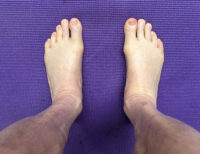

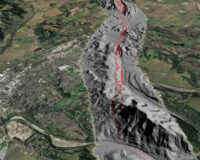


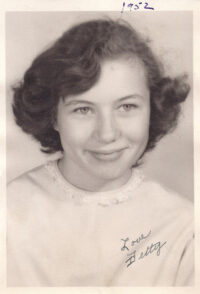
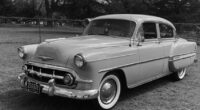
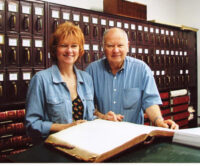
Be First to Comment